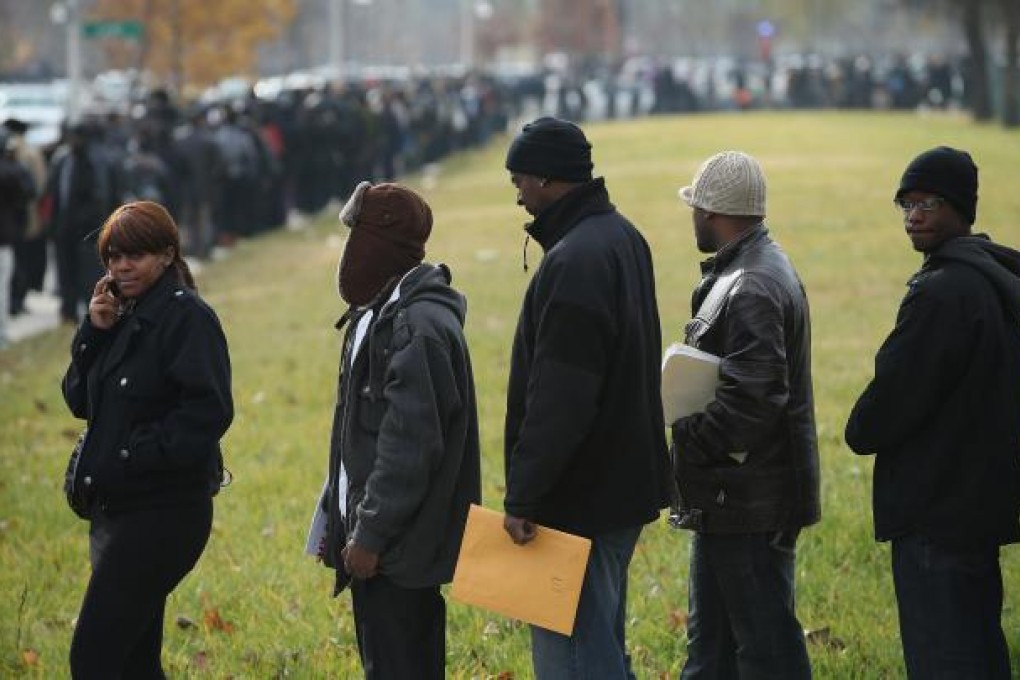Bailing out the wrong guys
Economists claim that if debt-ridden consumers had been bailed out, instead of bankers, the US economy would be in a far healthier state today

The stuttering growth of the once almighty US economy, especially the sluggish creation of new jobs, is having a profoundly depressing impact worldwide, dragging querulous Europe and even high-flying Asian economies down to earth.

Some young US economists have come forward with a challenging theory - that President Barack Obama bailed out the wrong people. Instead of saving the big banks and their highly paid executives, he should have paid more attention to ordinary Americans whose lives were turned upside down when the financial crash sent house prices plummeting and pushed them into debts they could not afford to repay, especially if they had also lost their job.
In a research paper, economists Atif Mian of the University of California, Berkeley, Kamalesh Rao of MasterCard Advisors, and Amir Sufi of the University of Chicago Booth School, assert that "high levels of household debt in combination with the collapse in house prices was a primary factor in the onset and severity of consumption collapse from 2006 to 2009."
They used a novel approach by examining US retail sales data on a county-by-county basis. These showed that people in those areas with heavy debts because the value of their homes had dropped sharply cut their spending dramatically on everything from cars to furniture and even weekly groceries.
Their research suggests that 65 per cent of American job losses from 2007 to 2009 came from the drop in household spending that was provoked by the collapse in home prices and the impact on families with high leverage.
In work done for The Washington Post, Sufi calculated that overall consumer spending in the US was flat between 2006 and 2009. But among the quarter of counties with the highest debt levels, spending fell by 5.5 per cent. Without that hit, spending nationwide would have increased by 2.4 per cent, which would have made a massive difference to prospects for jobs and growth.